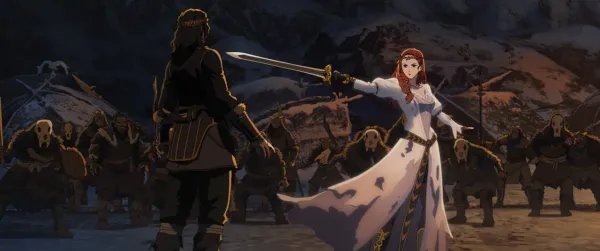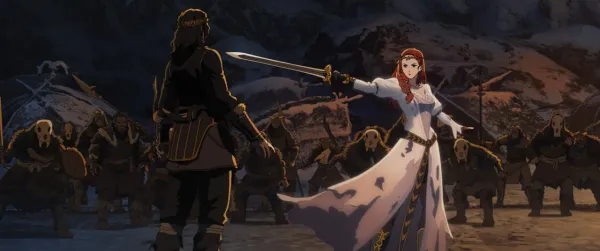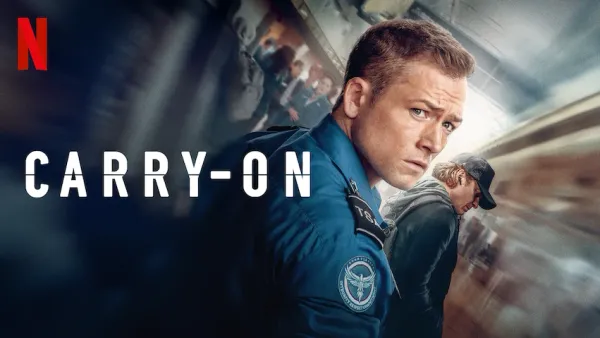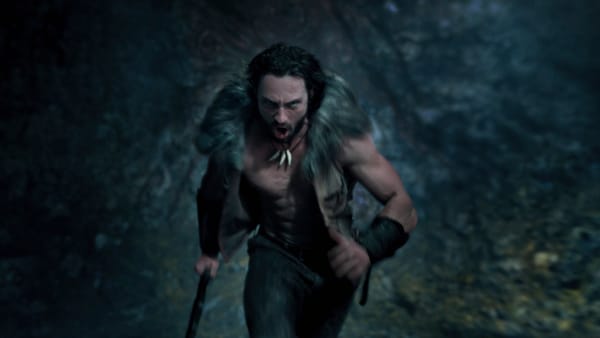Bad Boys for Life is an exercise in fragile masculinity
★ | Arrested development
Fragile masculinity is a weird thing.
Will Smith is by all accounts a massively wealthy, handsome, and successful actor and musician. For much of the 90s he reigned supreme as the king of the box office with a string of hits like BAD BOYS, INDEPENDENCE DAY, ENEMY OF THE STATE, and MEN IN BLACK. In the 2000s, he reinvented himself as an actor of note with praised performances in films such as ALI and PURSUIT OF HAPPYNESS.
So why is it that for the past decade Smith has spent his time pursuing an image of an unstoppable alpha male, unbridled by age and so virile that lesser men tremble in his wake? His past two films have each dealt heavily with his own legacy and the past, where Smith stands like a new colossus, leading others by his manly example. Each film he’s made has been just about worse than the previous one, right up to the awful GEMINI MAN last fall.
It’s like watching a midlife crisis play through before our very eyes, a weird desperation behind the bravado. At one point in the film, Martin Lawrence pleads to Smith that they have been Bad Boys for decades now, why not try being Good Men instead? Smith scoffs: who the hell wants to hear that song?
It becomes a kind of mission statement for everything that follows.
Again we see Smith unchanged by the ravages of time, still driving luxury sport cars and dressing “like a drug dealer” (as Lawrence tells him) with the meager salary of a police officer. How he is able to fund this lifestyle is a mystery the trilogy has yet to reveal. His character, Mike Lowrey, is still a fast talking ladies man hopping from one bed to the next. In his downtime, he causes mayhem and havoc on the streets of Florida under the guise of being a detective for the Miami PD.
His partner, played by the long-suffering Lawrence, is just about ready to retire once again. Lawrence’s presence in these films has been a long-standing mystery to me. Each part in the series exists solely to emasculate and belittle him, yet he keeps coming back. Here again Lawrence is juxtaposed with Smith in their morning routines, where the latter lives in an immaculate penthouse apartment complete with a skyline view of Miami, and the former dodders around in a natty old bathrobe watching telenovelas. Lawrence drives a family SUV, a source of contention for Smith, and wants to talk about his feelings – including the pain that his obnoxious partner brings into his life. Both of these things are treated like a repeating joke throughout the film, at least until Smith needs to unload his emotional baggage.
There’s a nonsense plot involving Smith’s shady past coming to haunt him which is a collection of more Americentric phobias relating to Mexico, and a depiction of a matriarch so wildly dated and offensive that it must be some form of satire. The film is wholly uninterested to actually explore these characters or the implications the plot sets up. Multiple revelations are dumped on the audience in a long-winded monologue in the midst of carnage, but it feels soulless and empty because there isn’t any indication that it matters to anyone involved.
Everyone is here for the explosions, chases, and shootouts, which for the most part are competently directed and passable, if not memorable by any stretch. Unlike Michael Bay, who helmed the first two films in the franchise, the new directing pair of Adil El Arbi and Billah Fallah know that the key to filming action is letting the audience see what’s actually happening.
But we’re already in the third film into this series (a fourth film is already in development), and there is no sense of danger or excitement here. An early plot point hints at a far more interesting story where our lead characters would actually have to face their own hubris and mortality, but it’s quickly discarded for more vain posturing. It’s one of the most frustrating parts in an already frustrating movie, where a genuine risk could have transformed the misogynist, homophobic macho franchise into something that’s maybe not profound, but potentially interesting. Instead, it’s used as a springboard to enforce just how manly Will Smith is once again.
If it wasn’t for newcomer Paola Nunez, playing the head of the new police division AMMO, the film would be a total wash. She brings charm and humor to a thankless role as Smith’s potential love interest. Even when the film tries its damnedest to sideline her at every turn, Nunez shines through. The returning Joe Pantoliano also never fails to impress. He takes the incoherent screenplay and wrenches out real pathos from the ludicrous lines given. There’s a heart-to-heart between Smith and him which is entirely unearned and laughable, but Pantoliano is so good that for a split second you forget all of that.
BAD BOYS FOR LIFE sits in the bizarre middle ground of entirely uninteresting and actively toxic. It’s competently put together and on the surface appears to be much of the same bag of hot air like its predecessors. It’s a lot of noise and rapid fire images signifying nothing, repeating the same tired motions that the genre grew out of in the 90s.
Today, when action films have begun to explore the meaning behind the violence and its effect on the world around them, it feels like a massive step back for the film to embrace its patriarchal attitudes and toxic masculinity so wholeheartedly. It’s not as overt as in a Michael Bay production, and apart from some cheap titillation doesn’t treat women like meat on display. But it clings on to this idea that they’re either whores or Madonnas, and anything beyond that is akin to demonic mysticism that needs to be stamped out. Men with trauma are treated as weaklings, and there’s a bizarre need to constantly prove just how tough you are at every turn.
It keeps the bickering leading duo in a state of arrested development, like they were doomed to eternally chase a youth that has long since passed them by.



